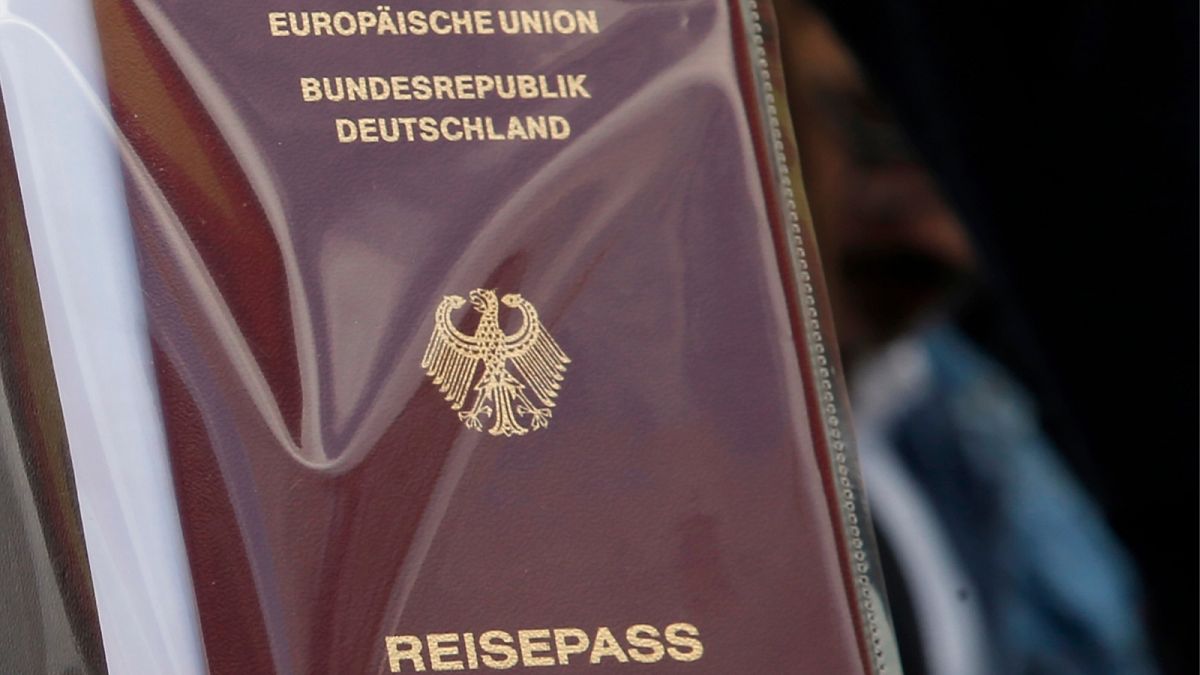The legislation will make people eligible for citizenship after five years in Germany, or three in case of “special integration accomplishments.”
German lawmakers have approved new legislation easing the rules on gaining citizenship and ending restrictions on holding dual citizenship. The government argues the plan will bolster the integration of immigrants and help attract skilled workers.
Parliament voted 382-234 for the plan put forward by center-left Chancellor Olaf Scholz's socially liberal coalition, with 23 lawmakers abstaining. The main center-right opposition bloc criticized the project vehemently, arguing that it would cheapen German citizenship.
The legislation will make people eligible for citizenship after five years in Germany, or three in case of “special integration accomplishments,” rather than eight or six years at present.
German-born children would automatically become citizens if one parent has been a legal resident for five years, down from eight years now.
Restrictions on holding dual citizenship will also be dropped. In principle, most people from countries other than European Union members and Switzerland now have to give up their previous nationality when they gain German citizenship, though there are some exemptions.
The government says that 14% of the population - more than 12 million of the country’s 84.4 million inhabitants - doesn’t have German citizenship and that about 5.3 million of those have lived in Germany for at least a decade. It says that the naturalisation rate in Germany is well below the EU average.
Interior Minister Nancy Faeser said the reform puts Germany in line with European neighbors such as France and pointed to its need to attract more skilled workers.
"We also must make qualified people from around the world an offer like the US, like Canada, of which acquiring German citizenship is a part," she told reporters ahead of the vote.
The legislation stipulates that people being naturalised must be able to support themselves and their relatives, though there are exemptions for people who came to West Germany as “guest workers” up to 1974 and for those who came to communist East Germany to work.
The existing law requires that would-be citizens be committed to the “free democratic fundamental order,” and the new version specifies that antisemitic and racist acts are incompatible with that.
Scholz said in a video message that, at a time of mounting concern over the far right's intentions toward immigrants, “we are telling all those who often have lived and worked for decades in Germany, who keep to our laws: You belong in Germany.”
The reform means that no one will have to “deny his roots,” he added.
The conservative opposition asserted that Germany is loosening citizenship requirements just as other countries are tightening theirs.
